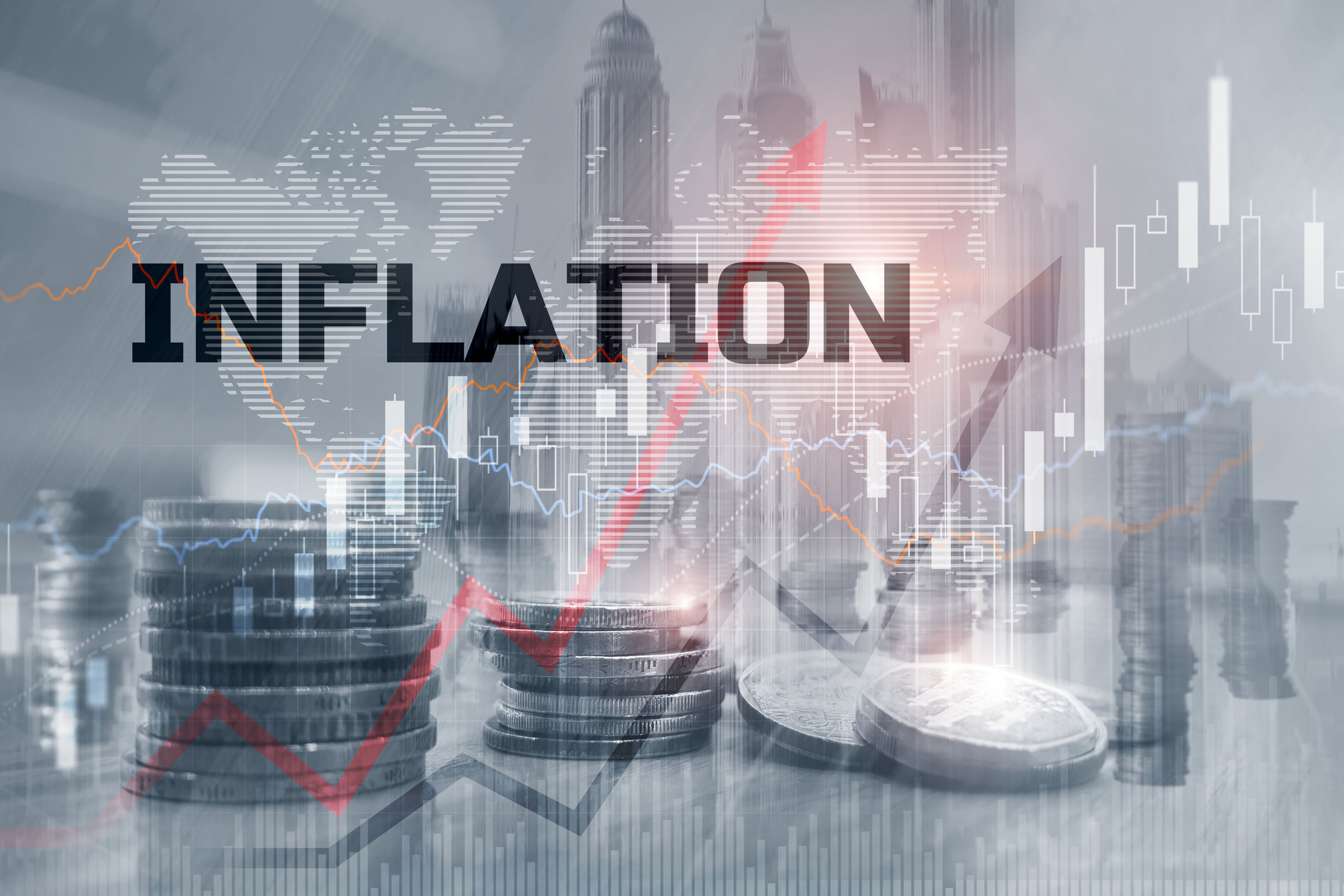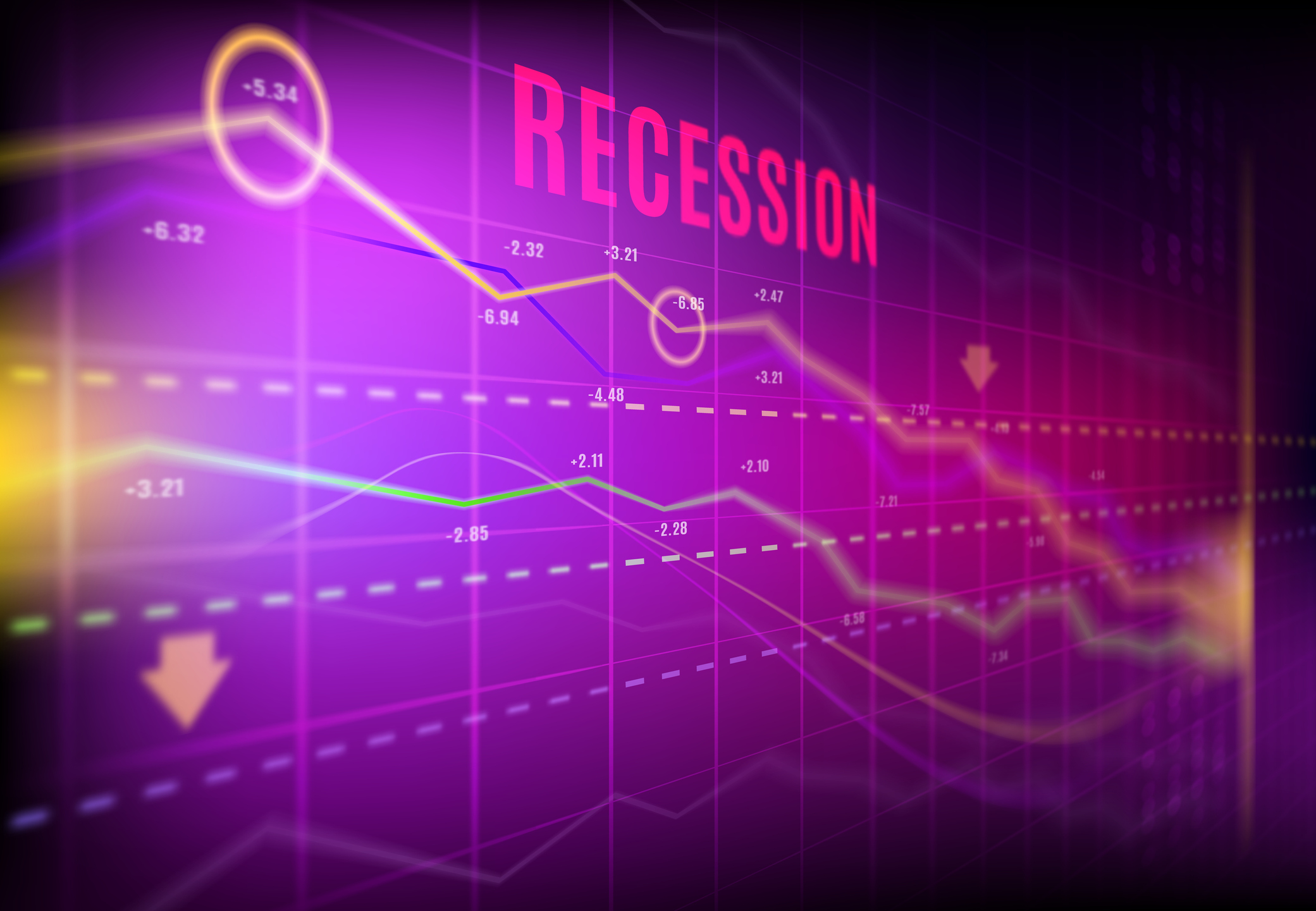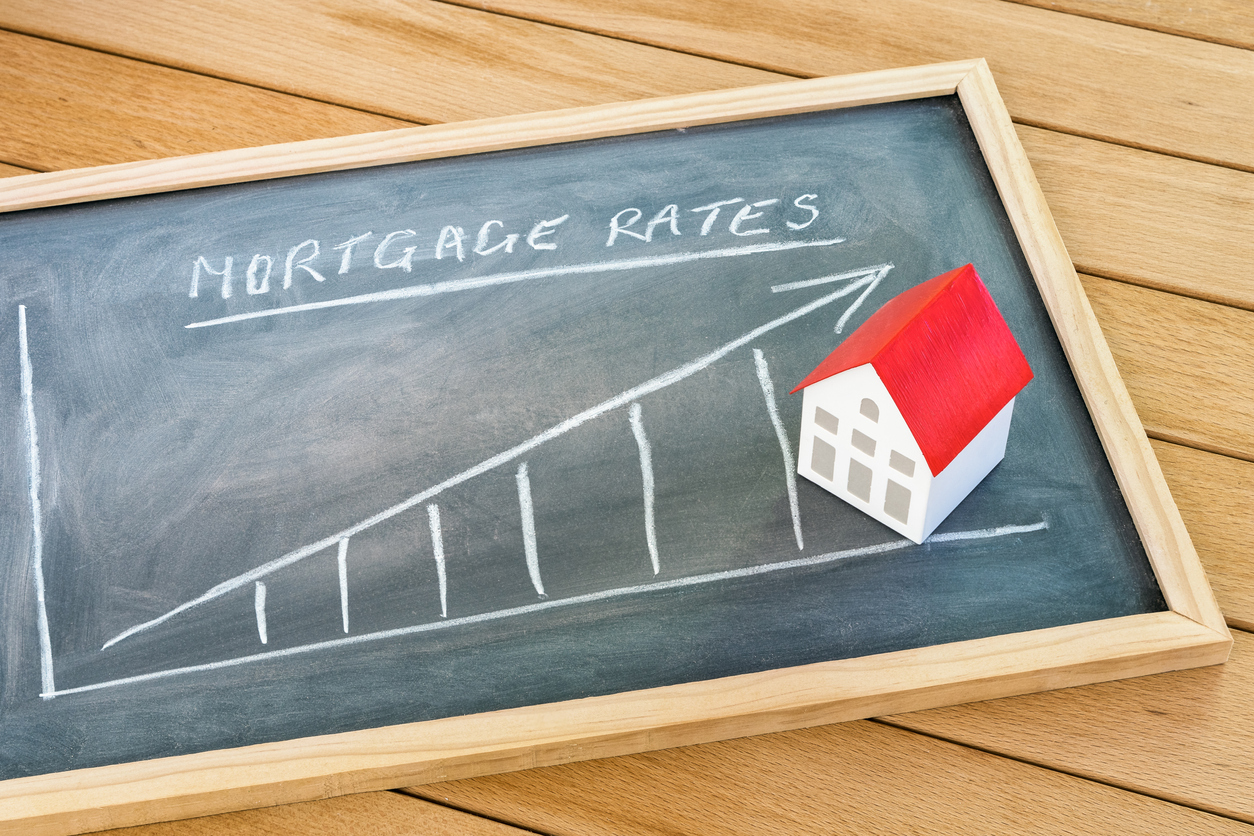Inflation is the big financial story of the year. It impacts everyone and has a universal nature that touches every transaction and economic decision.
A lot of what we hear about inflation suggests that it’s innately hurtful, something to avoid. The reality is that moderate amounts of inflation are actually desirable. The Fed, for one, is happy when the annual inflation rate is around 2%.
The reason a touch of inflation is favored by the Fed is that it encourages spending now rather than in the future, and that causes the economy to grow. After all, if prices are going to be 2% higher next year, why not buy today?
As you might imagine, the Fed is not particularly pleased with recent inflation levels. In 2021, the inflation rate hit 7%. That’s a lot more than 2% and the highest rate in nearly 40 years. The Fed is likely to raise interest rates this year as a result, a traditional way to reduce both spending and inflation.
The catch is that inflation is not bad for everyone. In fact, if you’re a real estate investor or a property owner in general, there’s an argument to be made that inflation is your friend.
Inflation and real estate
The value of real estate is expressed in cash prices. If a property was worth $300,000 five years ago and it’s valued at $400,000 today, that’s much better than the reverse. The complex part is trying to figure out how much better, or if the new and higher prices are better at all.
That a number seems “big” doesn’t necessarily tell the whole story. What real estate owners really want are both rising prices AND prices that rise faster than the rate of inflation.
If property prices are rising in lock-step with the rate of inflation, then owners are not gaining additional buying power. If prices are rising faster than the rate of inflation, it means the owner is gaining the power to buy more stuff than before. And, buying power – more than anything – is the real measure of wealth.
For real estate investors and other property owners, 2021 was a wonder to behold. Existing home prices rose 15.8% according to NAR, while inflation increased 7%. The result was the creation of real wealth.
We can see such greater wealth in several ways.
First, owners likely have more equity. According to the Federal Reserve, in the third quarter of 2021 homeowners had equity valued at $25.3 trillion – up from $21.3 trillion a year earlier.
Second, with additional equity if you have a conforming loan and refinance, you may be able to both borrow more and get rid of private mortgage insurance payments.
Third, property taxes are rising because they reflect growing home values.
Inflation and mortgages
“The fixed-rate mortgage is arguably the largest and best inflation hedge available to most consumers,” said Rick Sharga, RealtyTrac Executive Vice President. “With a fixed-rate loan, borrowers lock in a given interest rate which they then repay with inflated dollars that buy less and less over time.”
Once again, consider the past year. In 2021 the average mortgage rate was 2.96% according to Freddie Mac. That compares with the 7% inflation rate. Lenders lost buying power because the interest level was less than the inflation rate by almost 4%. The payments they received each month bought less stuff than before. Alternatively, borrowers are paying fixed-rate debt with cheaper and cheaper dollars.
Inflation and property profits
In January 2012 the typical existing home sold for $154,700. This compares with $350,300 in January 2022. The difference is $195,600 – an average cash gain of $19,560 a year.
Sounds good, but dollars buy less than they once did. According to the Bureau of Labor Statistics, it now takes $191,885 to buy what $154,700 bought in January 2012.
Inflation and taxes
Governments are in favor of profits, especially the type that can be taxed. If an investment property bought in January 2012 is sold 10 years later, and if the value grows by $200,000, then governments will see this amount as a taxable capital gain. In contrast, married owner-occupants can shelter as much as $500,000 from capital gains taxes when selling a prime residence.
The catch is that a capital gain is not entirely real. Some of the “bigger” price is simply the need to pay more dollars because each dollar buys less than it once did. Investors are being taxed on the illusion of more wealth rather than inflation-indexed profits.
Inflation and 2022
How much inflation will we see in 2022?
The great unknowns at this writing include what happens in Ukraine, what happens here (think of widespread cyberattacks), whether gas prices continue to rise, and if supply-chain slow-downs begin to fade. We also don’t know what will happen in Washington because much time and attention will be devoted to the midterm elections that will take place later this year.
The Federal Reserve is in the process of tamping down the economy. Speaking before Congress, Jerome Powell, the Fed’s Chairman, said in early March that “inflation increased sharply last year and is now running well above our longer-run objective of 2%.”
He added that “we will use our policy tools as appropriate to prevent higher inflation from becoming entrenched while promoting a sustainable expansion and a strong labor market.”
Basically, then, the Fed expects to raise interest rates in an effort to slow inflation. Whether this will mean higher mortgage rates is not entirely clear. Rates are up significantly when compared with 2021, but it may be that mortgage lenders have already built-in the expectation of higher inflation levels.
Perhaps most interesting is the possibility that mortgage rates might decline. How can this happen if the Fed raises bank rates?
If the Ukraine war becomes drawn-out, it will introduce much uncertainty into markets worldwide. Those with money will seek less risk. A lot of capital will likely flow into safe US markets, invested in such things as mortgages and mortgage-backed securities. If this scenario plays out, if the capital supply increases, then we can see lower rates. Seem impossible? Consider that the January inflation rate was 7.5%. And mortgage rates? The typical mortgage was priced at 3.45% that month.



